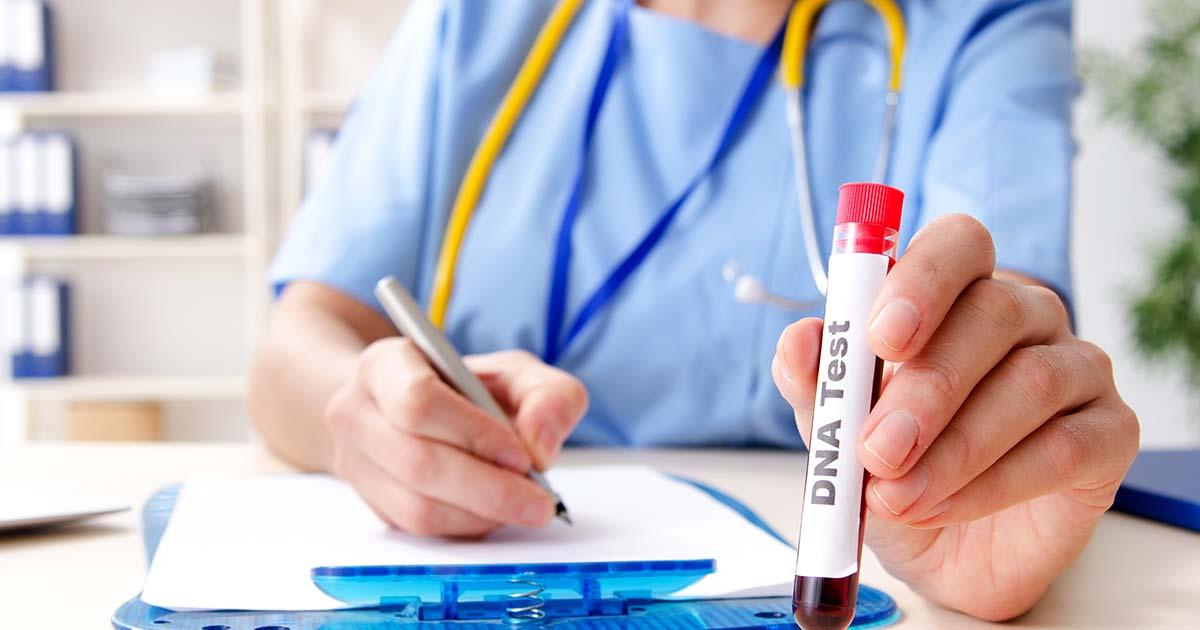DNA testing has positive benefits whether the results turn out to be positive or negative. Knowing the test results may bring a sense of relief from uncertainty, especially to those planning to make an informed decision about handling their health care. For instance, if you get negative results, that can eliminate the need to undergo other screening tests or checkups. On the other hand, a positive result can allow you to get the required treatment, monitoring, or prevention.

Alternatively, if you don’t want to go for DNA testing in a health facility, you can opt for a home DNA test kit. The test can also allow you to make a better decision about having children. According to a study, DNA testing has helped determine more than six thousand diseases. Their effectiveness has allowed medical practitioners to rely on them to get accurate results for specific tests. And unlike in the past, when it was a long process and costly to get the test, it has become easily accessible and affordable. Here is the importance of testing for DNA.
Forensic science
It is impossible to make any errors through DNA tests because it identifies a person. And security experts use the tests during their investigations to solve criminal cases. It has helped solve many criminal cases by taking suspect’s DNA tests. The approach helps to capture criminals than when relying on other methods such as fingerprints. When security experts arrest the suspect over a crime, they are put in custody, and their DNA is tested and then matched with hair, blood, or skin collected at the crime scene. It is then matched with the suspect DNA to ascertain whether they are positive. Therefore, it can prove one’s innocence or prove your guilt in a criminal case. Mostly, such happens when the case involves murder or a rape case.
Find your ancestry
It is important to know your roots, and DNA can identify your lineage within days. The powers of DNA in ancestry tests can give you the result of your ethnic origin dating back to 1000 years. The ancestry test gives you an estimate of the DNA origin by matching up to let you know about your background. So, if you don’t know your past or ancestors, the test can create that link and fast.
Screening of diseases
Today there are various diseases, and the majority of them are genetic diseases. The most important areas that concern DNA research are genetics and medical research. Through DNA testing, it is easier to discover diseases and improve the ability to diagnose any disease early. A couple planning to settle down as husband and wife may take a DNA test to determine whether they are gene carriers that might show certain conditions. Also, the result may identify whether the same genes are present in other members of the family.
The DNA results of the couple could affect their future decision about childbearing by considering adoption or biological children. The DNA test is also crucial for a woman seeking fertility treatment.
Prenatal testing
If you are pregnant, a DNA test can discover any abnormalities in the baby’s genes. For instance, trisomy 18 and Down syndrome the common genetic disorders that you may get screened for as part of prenatal genetic testing. When using the traditional approach, the test is done by observing markers in the blood or through invasive testing like amniocentesis. The new testing method known as cell-free DNA testing identifies your baby’s DNA using a blood test through the mother.
Pharmacogenetics
If you or a loved one has a particular health condition, going for a DNA test may determine medication and the right dosage that is appropriate and beneficial.
DNA Agriculture
If you thought DNA tests could only be applied in humans, then you are wrong. The tests today play a vital role in the agricultural sector by modifying crop varieties. Today you’ll see some types of crops undergo genetic modification to allow them to become resistant to diseases and produce better crop yields. Also, a DNA test may be used to improve animal breeds and make plants resistant to pests.
Paternity test
The most common test that people know is the paternity test DNA which establishes the biological parents or children. A father may establish whether they are the biological father of a child when they are not certain about it. Also, the test is vital to establish paternity, especially to gain the right to visit a child or provide support.
Presymptomatic and predictive testing
If you are coming from a family with a history of a genetic condition, a DNA test may help you know whether you are at risk of developing the same condition. For instance, doctors may use the test to identify if you are at risk of certain types of colorectal cancer.
Conclusion
The discovery of DNA tests is one of the greatest achievements in science. It has helped to identify things that would not have been possible through the traditional approach. So, no matter your results, a DNA test may shape your life positively, knowing more about yourself, your family, or a health condition.



